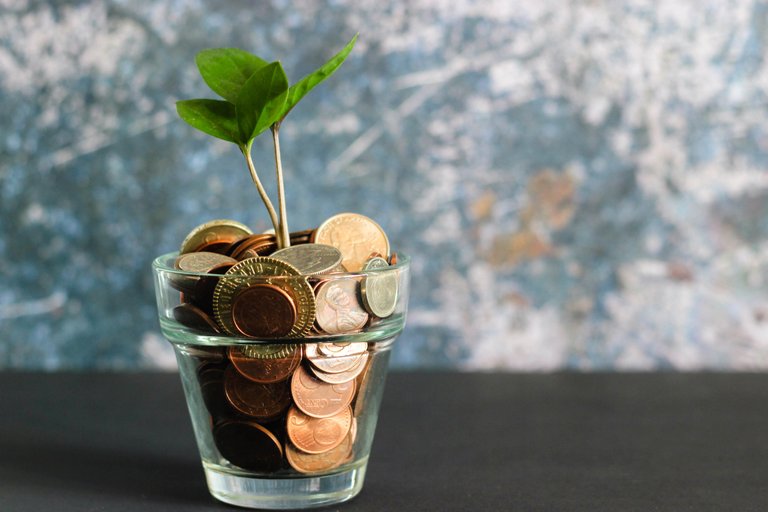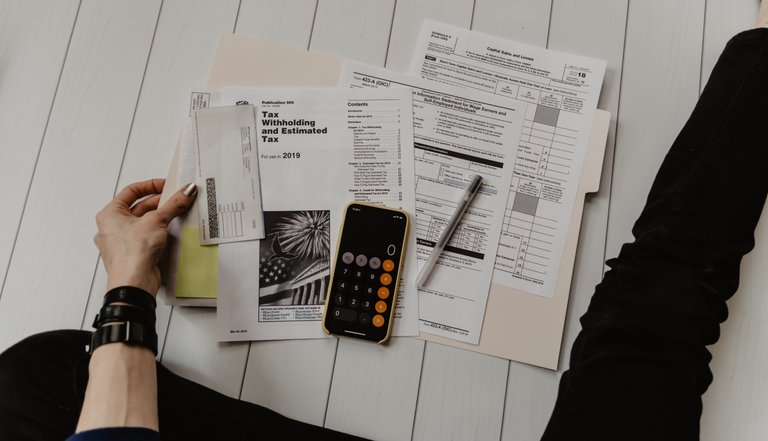Your Way to The Financial Freedom
Introduction
The fight for freedom from the daily fatigues isn't easy. Regardless matter the spin you try to give it, the path to being comfortable with life looks to be either incomprehensible or too long to even contemplate. Many people are spending a lot of money these days to consult qualified financial planners for advice on how to improve their financial situation. But, let's face it, while a financial planner can advise you how to focus on your spending and approach combining your obligations, surely there must be a method to construct the accounts that don't require you to contact an expert!

Photo by Visual Stories || Micheile on Unsplash
Procedure
When it comes to organizing your finances, the most important thing to remember is to keep things as simple as possible. Nothing is more regretful than plunging so deeply into grief that you can't see a way out. Regardless of whether you're underwater and trying to get out, or simply looking for a way to put a little more money down every month, the less complicated your planning is, the better the result you'll achieve. You should be realistic throughout the process. I'll start with the example of a single pay situation. First and foremost, you must determine your monthly net remuneration. If you're self-employed or don't have a regular paycheck, always calculate the worst-case scenario. What is the least you could get reimbursed for? Then, read through your monthly costs and make a note of the ones that add up to a significant amount. Do the same for any remaining invoices, but this time use the worst-case scenario. What is your estimate of the maximum that those bills might be? Total everything up and subtract it from your total gain.
Then there are the unintentional expenditures that you may encounter on a regular basis. Petroleum, car maintenance, public transportation admissions, meals, and so on produce a breakdown of the relative number of small expenditures you may want cash for in a month. It's possible that you'll need to buy the stuff you didn't think you needed. Avoid including general going through cash in the breakdown; instead, be specific. If you're not sure, keep adding to the aggregates because you can always change it afterward. Take out all of your money from the money left over from your bills once again. If you've gone into the negatives, don't worry; we'll get you back on track.
When you have all of your expenses in front of you, any money left over is obviously your monthly benefit. The next step is to minimize your expenditures if you don't have anything left or have gone into the lower digits. Isn't it very straightforward? Remove any unintended expenditures that you are unlikely to incur. Also, any expenditures you anticipate incurring, such as food and gasoline, should be reduced to the absolute bare minimum. What is the maximum amount you may spend on them? Your goal should be to save about $50 every month once you've spent all of your cash. All of the excesses accumulate and, at the end of a few months, you have a nice little sum of money.
A similar cycle occurs if you are in a different salary situation. You should stop working on that silly money tin. Everyone understands that there will always be unexpected expenditures. In reality, the concept of contentment with life is the knowledge that you can stand to pay for something unexpected.

Photo by Kelly Sikkema on Unsplash
Conclusion
If you just need to invest for a short time, you should be able to finish all of this on a sheet of paper, or you may write everything out on an Excel accounting page. The most time-saving method is to use a Financial Planning software program. You enter the data, and the program generates a month-to-month organizer for you. Whatever route you choose, make sure to keep it as clear as possible. When you stick to the script, the pressure on you will decrease.
Good writting there..
“More important than the how we achieve financial freedom, is the why. Find your reasons why you want to be free and wealthy.” –Robert Kiyosaki
I agree with you in this. Let's not make everything look so complicated.
Making a budget and also keeping track of your expenditures is very useful. Eradication of liabilities too.
Congratulations @lennyblogs00! You have completed the following achievement on the Hive blockchain and have been rewarded with new badge(s) :
Your next target is to reach 8000 upvotes.
You can view your badges on your board and compare yourself to others in the Ranking
If you no longer want to receive notifications, reply to this comment with the word
STOPCheck out the last post from @hivebuzz: